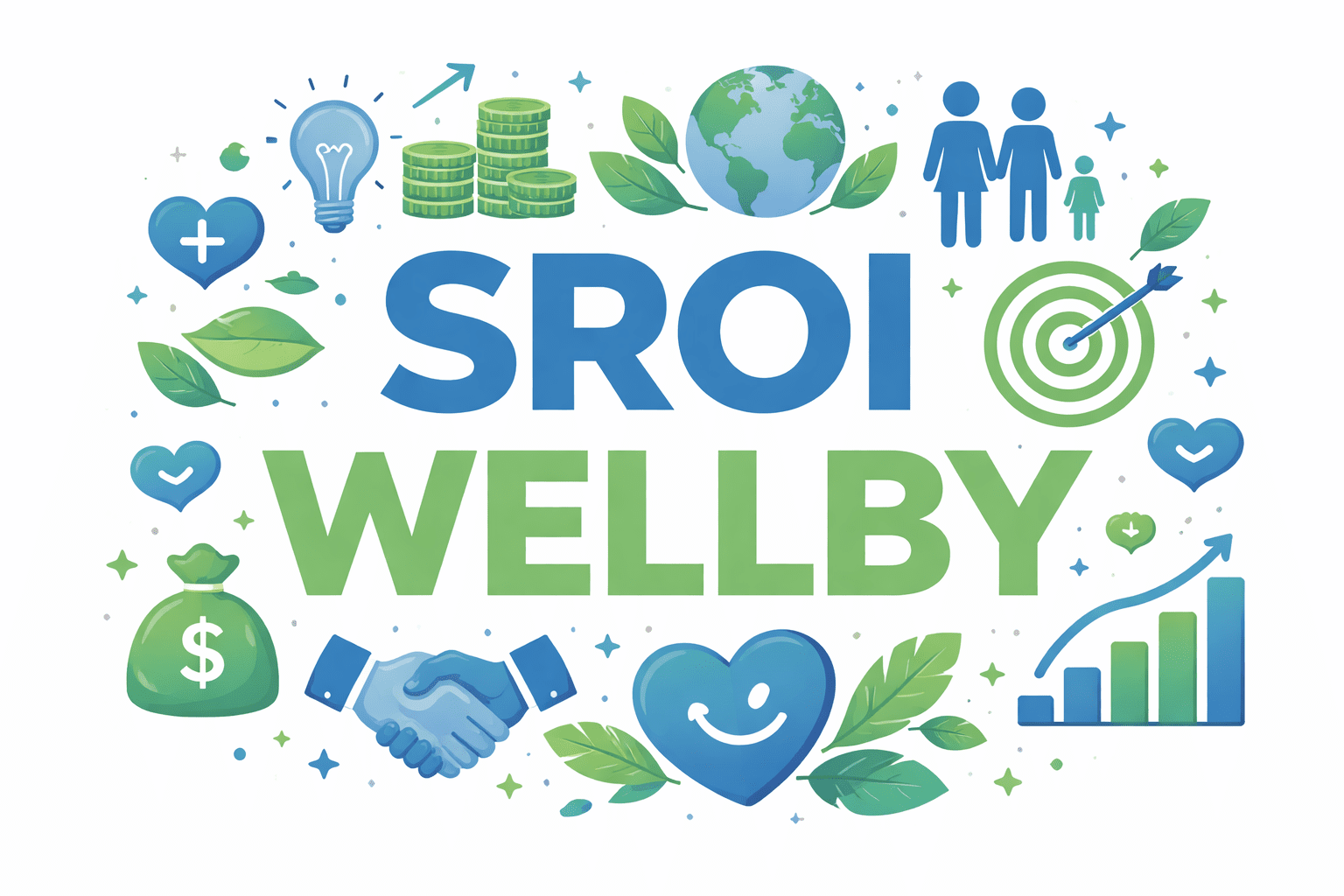Across the UK, the language of social value has become a fixture in procurement, business strategy, and community engagement. Councils, government departments, and large contractors increasingly promise to deliver jobs, sustainability, and stronger communities alongside their core services.
Yet behind the glossy case studies and impressive projections lies a growing concern: social value washing. Just as greenwashing allowed companies to exaggerate their environmental credentials, social value washing risks turning a transformative policy tool into a hollow tick-box exercise. If left unchecked, it threatens not only the credibility of social value frameworks but also the very communities they were designed to support.
From policy to practice
When the Public Services (Social Value) Act was introduced in 2012, it marked a decisive change in how public contracts were awarded. For the first time, wider social, economic and environmental benefits had to be considered alongside cost. Procurement Policy Note 06/20 built on this foundation by giving social value explicit weight in tenders.
Frameworks such as TOMs (Themes, Outcomes, Measures) and Social Return on Investment (SROI) provided a language for measuring impact, giving commissioners and suppliers new tools for demonstrating value.
These changes were ambitious and necessary. They opened the door for public money to deliver more than service provision, and they made community benefit part of the conversation in every significant contract. However, as expectations grew, so did the risk of overstatement.
Some commitments made in tender documents have proved difficult to evidence. In other cases, activities that would have taken place anyway have been relabelled as social value, creating the appearance of progress without delivering anything extra.
The consequences and the opportunity
The risk in this behaviour is not just reputational. Communities may be promised benefits that never materialise. Organisations committed to long-term, evidence-based outcomes find themselves competing with bids that look good on paper but are easier and cheaper to make. Over time, scepticism grows, and the frameworks designed to embed social value in procurement lose credibility.
The good news is that social value washing is not inevitable. Commissioners can ask sharper questions, insisting on credible evidence when proposals are put forward and following through with monitoring during delivery.
Suppliers can take a more honest approach, embedding social value in their core operations rather than treating it as a marketing device. Policymakers can tighten expectations and ensure greater consistency across frameworks.
Most importantly, the sector can begin to view social value not as a compliance hurdle but as a long-term commitment to communities.
Over time, scepticism grows, and the frameworks designed to embed social value in procurement lose credibility.
For this to happen, measurement must be consistent, transparent and fair. Without it, genuine efforts are lost among inflated claims. That is why tools such as the Social Value Engine are so important.
Built on open-source proxies and accredited by Social Value International, it offers a way of grounding commitments in evidence that commissioners and suppliers alike can trust. By using a shared methodology, the sector can make sure that genuine contributions are recognised and that trust in social value frameworks is strengthened rather than eroded.
Social value has already reshaped the way the UK thinks about procurement. It has shown that public contracts can deliver more than services alone, helping to create stronger and more sustainable communities. Protecting that progress requires vigilance. By being honest about the risk of social value washing, and by committing to transparent, evidence-based practice, we can ensure that the policy’s potential is realised and its promise delivered where it matters most: in communities across the country.


